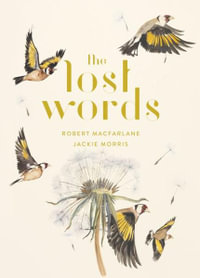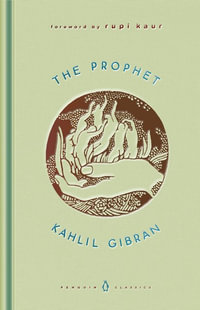Beyond Chrysanthemums assesses the relevance for the West of Eastern aesthetic and poetic principles in a lively discussion of over two hundred poems in seventeen Eastern and Western languages, ancient and modern, with parallel translations.
The possibility of a world poetic canon is explored in the introduction, which is followed by a detailed study of 'micropoems' drawn from widely separated cultures and eras, but based on the same traditional myths and symbols. Poetic and iconographical versions of the universal myths of sacred space and the World Axis are examined in the book's next section, which looks closely at symbols such as the Taoist Isles of the Immortals, Camoes's Isle of Venus, Dante's Mount of Purgatory, and the Buddhist Mount Sumeru. The study concludes with a return to the micropoem in order to illustrate Eastern and Western ideas of liminality, personal identity, and the divided self, as embodied in the Midsummer night rite de passage and the symbolic motifs of the mirror, the shadow, and the stone.
Drawing on a deep knowledge of Far Eastern, Iberian, and Latin American poetry, Beyond Chrysanthemums is a scholarly tour de force which makes a major contribution to the study of comparative poetics and poetic theory.
Industry Reviews
`A fascinating study of some two hundred poems, both ancient and modern, in seventeen languages.'
British Bulletin of Publications
`A fascinating study of some two hundred poems, both ancient and modern, in seventeen languages...Throughout this work of comparative poetics and poetic theory the author draws on his deep knowledge of Far Eastern, Iberian, and Latin American poetry.'
British Bulletin of Publications on Latin America, the Caribbean, Portugal and Spain
`It is a series of linked meditations in essay form, of dazzling erudition, with a remarkable range of references that springs directly from Stephen Reckert's linguistic and intellectual voyaging, east and west, ancient and modern ... it has a welcoming door, that admits the reader to an echoing and beautiful palace.'
Gareth A. Davies, University of Leeds, Bulletin of Hispanic Studies, LXXIII (1996)
`Professor Reckert has written a chrestomathic study using a methodology hardly encountered nowadays ... and fecund in its ample, wide-ranging citations, Beyond Chrysanthemums exceeds previous comparative studies of East-West poetry by its breadth of reference and its capacious sensibility. To read Beyond Chrysanthemums is to enjoy the experience of reading a wide variety of literature in the company of a superbly catalytic mind. Would that the world
literature of the future be blessed with a cicerine as well informed and as delightful as the one the reader encounters in this book.'
Eugene Eoyang, Indiana University, New Comparison 20
`a brilliant and provocative book ... Reckert is as interesting when he writes of the differences between Eastern and Western traditions as when he considers their similarities ... ... Reckert provides some fascinating Eastern analogues for Dante's Earthly Paradise. Beside Chrysanthemums is one of the masterpieces of literary scholarship of our time. In its importance, its erudition, and its capacity to make a permanent change in the way that we read
literature, it will, I believe, rapidly establish itself as the equal of Ernst Robert Curtius's European Literature and the Latin Middle Ages, ... is an intellectual autobiography as well as a creative work of
criticism and literary history ... a brilliant, moving ... always exciting and enriching book. It is impossible to do justice to it - but you have to try.'
Alan Deyermond, Queen Mary and Westfield College, Portuguese Studies

























